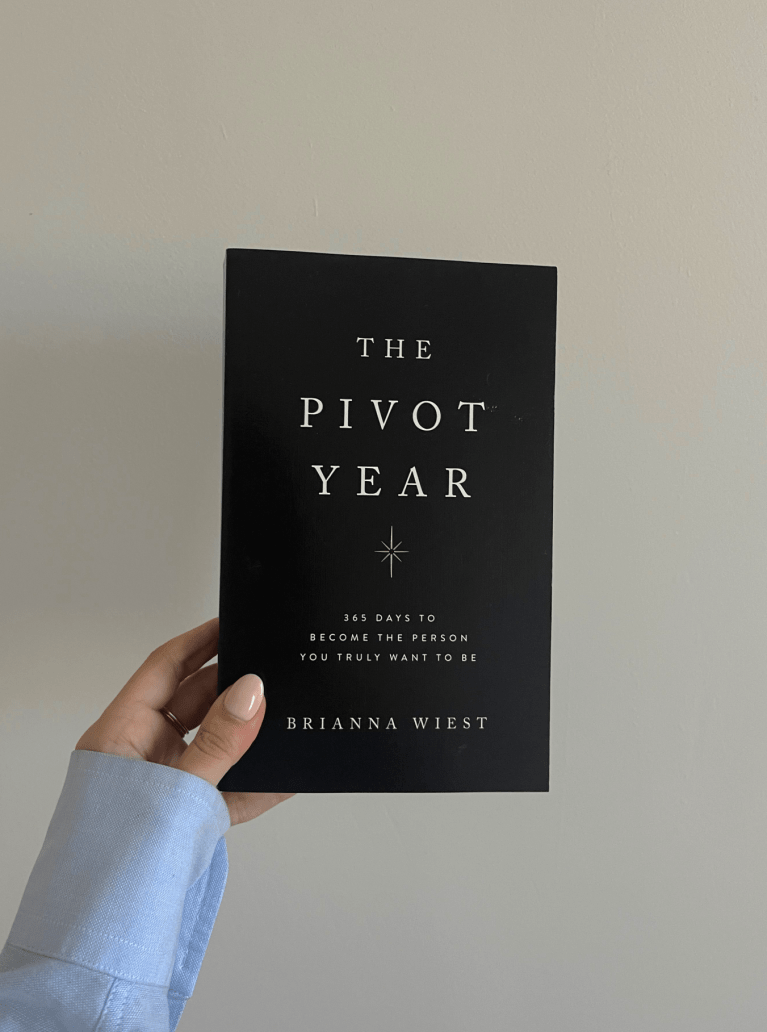
In Jungian psychology, there’s something known as a “shadow” or “shadow aspect.” It refers to the unconscious aspects of our personalities, and is widely adopted in many modern spiritual teachings. The shadow of deserving is entitlement. The shadow of creativity is rumination. It’s the yang to every yin, the dark to every light. Ironically, it’s presence is rarely recognized in a lot of new age ideologies.
New age thinking is empowering, liberating, and largely positive. It focuses on self-responsibility, healing, affirmation and service to others. It moves “god” from being something you worship to something you are.
However, it can also make you believe that every negative thought that passes your mind will manifest into reality (it won’t). That everything you feel is real (it isn’t). That not loving yourself enough is the reason you don’t have your life partner (many people who don’t fully “love themselves” do). That the universe sends “signs” to guide you (your brain is programmed to affirm itself, subconsciously seeking out information that verifies it’s convictions).
For a new age mindset to be truly effective, we have to become aware of the shadow sides of it as well. Unfortunately, many of these are rarely acknowledged.
“Only think positively, because negative thoughts will manifest into reality.”
We are often taught that we should strive to eliminate all negative thoughts, because we live in a responsive universe. However, resisting thoughts that naturally arise and formulate in our minds intensifies our focus on them. If I tell you not to think about a pink balloon, what is the only thing you’re going to think about? A pink balloon.
It is impossible not to think negatively at times. Our brains are designed this way. Positive thinking is powerful, but negative thoughts are fundamental to human survival. They have their place, and their purpose. Positive thinking does not mean resisting negative thinking, it means accepting it. Most people can recall countless examples of things they feared that never came true. Their worrying only created more worry, not more tragedy or pain or misfortune.
The root of a lot of excruciating anxiety is the assumption that a recurring negative thought is real, because we are taught that what we think about, we create. It’s more appropriate to say that what we think, feel and then act on is what we have a greater chance of manifesting. But it’s not absolute.
“Trust your feelings.”
In a world in which many people are so deeply disconnected from their emotional selves, preaching that we need to listen to our emotions is very important. However, this often comes without the necessary disclaimer: not everything you feel is real. Not every emotion you have is indicative of what’s happening in reality.
Feeling as though you are a failure does not necessarily mean you are one. Feeling strongly that you are meant to be with someone does not always mean that you will be (ask the almost half of once-married couples who’ve gotten divorced). Feeling as though something will definitely happen does not always mean it will. Feeling panic about a situation does not always mean you’re actually in danger.
You need to be able to observe your emotions, then process them mindfully. Trusting yourself is a matter of being able to interpret the signals your body is giving you, not trust them blindly. Trusting what you feel without thinking about what you feel is a recipe for absolute chaos.
“You haven’t found love because you don’t love yourself.”
There are a lot of people who do not love themselves, but find their life partners anyway. Not everyone becomes healed and whole and is then magically rewarded with a soulmate. Sometimes your soulmate is a participant in your healing. Sometimes you work on yourself for yourself, and for no other reason than that.
This idea implies that working on yourself is something you do to “earn” a relationship, or “deserve” someone else. It implies that you need to be perfect to be loved.
You are going to meet your life partner when you’re going to meet them. Working on yourself in the interim is an incredible way – even the healthiest way – to spend the time until you do. Being stable and happy increases the likelihood that you will be able to make a relationship work. However, you don’t “not have love” because you’re not good enough yet. Being healed, happy, perfect and emotionally evolved does not always translate into being rewarded with whatever you want or deem most important.
“Happiness requires suffering.”
In a dualistic universe, this is undeniably true: for the amount of pain we endure, we are capable of experiencing as much joy. However, it is also true that we do not necessarily have to suffer for what we love. Believing that we must often keeps people in the wrong relationships, and pursuing things that are not for their highest good.
Suffering often precedes ascension, but to say that happiness requires it is to glorify it in a way. We do this often: we praise workaholics, the super-successful. We tell and re-tell “rags to riches” tales. Many people identify with their pain and hold onto it, because they think it makes them interesting and worthy. Many writers assume that the best thing they have to offer is the worst thing that’s happened to them.
A component of human life is suffering. This is unavoidable. However, glorifying it to the point that we think it makes us more commendable or deserving of happiness keeps us farther and farther away from what we claim to want most.
“If you aren’t living in the lap of luxury, you haven’t learned to manifest well enough.”
You see this often, especially online: self-proclaimed gurus saying that manifestation is how they built their empires, and the natural result of enough positive thinking is enormous wealth, a book deal, a widely-followed YouTube channel and your own thriving business.
Sure, almost anybody can manifest their own peace of mind, or joy (and should – this is the real end-goal). These are things that are always within our control.
Not everyone is meant to be a CEO. Not everyone is meant to be an artist. There are different roles in a society for a reason. We all have different paths. Someone who is not meant to be an entrepreneur probably isn’t going find some worldly measure of “success” in it, no matter how much they visualize themselves as a millionaire. This sort of sell-out spirituality is an opportunistic way to make people believe that the natural result of being awakened is to be drenched in your ego’s desires, rather than to live simply and at peace. ![]()







